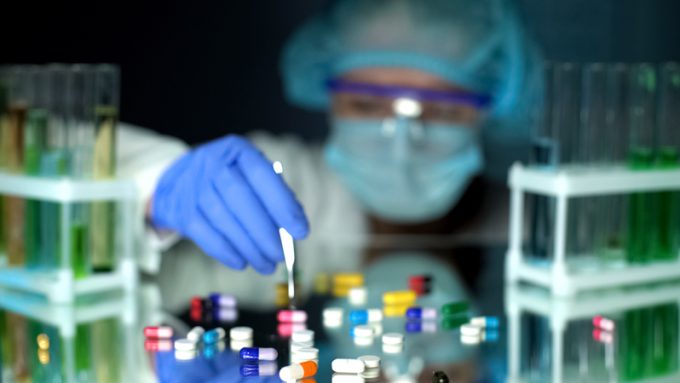Europol takes down crime gang that trafficked 35 tonnes of cocaine in containers
EU law enforcement agency Europol, alongside customs and police in Germany, is claiming to have ...

Surging e-commerce traffic has brought the issue of counterfeit medicines and falsified pharmaceutical records back to the fore in the freight forwarding community.
Some £30m ($38m) of counterfeited medicines were seized in the UK last year; Europol seized €64m ($70m) worth across ...
Predatory rivals circle as the ripples from DSV's Schenker buy widen
Latest Israeli attack on Iran a threat to box ships in Straits of Hormuz
DHL Express facilities in Canada forced to shut down by strike
New Middle East conflict brings airspace closures, flight chaos and oil price worry
Industry concerns rise after yet another box ship on fire off Indian coast
More legal trouble in India for MSC: feeder vessel detained after box ship disasters
Return of downward pressure on container spot freight rates
BYD launches logistics subsidiary – and eyes ports and shipping sectors

Comment on this article
michael sales
August 08, 2024 at 3:12 pmFor those gullible people who risk their lives buying dubious medications online, it’s the same as buying a $5 rolex watch for sale on the street. The industry needs to do more to advertise the real risks.
Will Waters
August 08, 2024 at 10:58 pmGood topic; well covered.